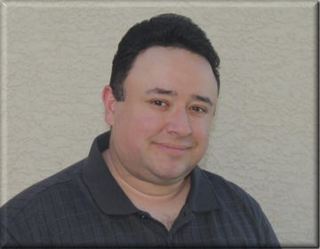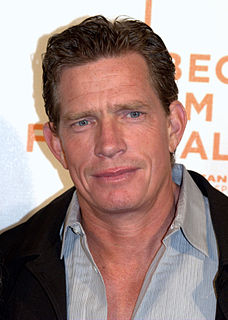A Quote by Colson Whitehead
In college, I wrote maybe three short stories.
Related Quotes
I was a Teletype operator in the army, so that's where I learned to type. One day, I went downstairs to see if I could still type - I hadn't done it for four or five years after the war. So I typed out a page and I showed it to my wife and she said, "Where did you get this?" I said I wrote it. "You wrote this?" It was something very funny. I went and wrote another page, another couple of pages, and by the time I was finished I had 13 little short stories, humorous short stories.
The resistance to my work, and to my way of writing, has been there from the beginning. The first things I wrote were these short short stories collected in At the Bottom of the River, and at least three of them are one sentence long. They were printed in The New Yorker, over the objections of many of the editors in the fiction department.
In luggage claim at the Minneapolis airport, the guy came up to me and said, "Maybe you're wrong, maybe stories do matter." I wrote that on a scrap of paper and put it above my desk. That was the thing that pushed me through to the end of telling Despereaux, that comment, "Maybe they do...maybe stories matter."






































